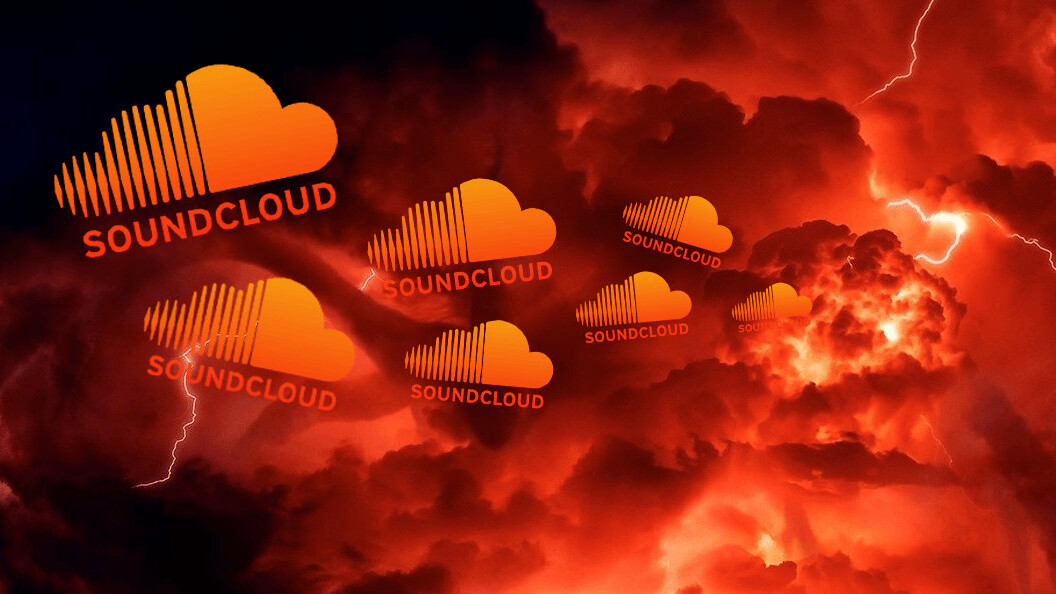
Things are looking up for SoundCloud, who have weathered a tumultuous summer. They came out with an SOS funding round of $170M and a new CEO, Kerry Trainor, formerly of Vimeo. Now Trainor has announced the newest addition to the platform — increased playlist statistics for artists.
Improving analytics for artists is a major step forward to making the music platform a viable distribution channel for existing artists. Without the artists, there would be no SoundCloud to speak of. Yet it doesn’t tackle one fundamental problem that got them in this pickle in the first place — the business model.
Though it isn’t uncommon for heavily VC funded startups to fail to monetize, the case with SoundCloud is unique. The important question is:
Why have some services become profitable and essentially built their businesses on SoundCloud, but SoundCloud itself couldn’t?
The answer is simple. The solution is, frustratingly, equally simple.
I worked with an ecommerce platform to collect data from over 7,000 online sellers. The platform specializes in digital product sales, SoundCloud and YouTube being two major sales outlets for them. Here is the main finding:
The SoundCloud audience is much more engaged and ready to buy from content creators, than for any other competing platform.
How is it that SoundCloud haven’t picked up on this themselves? Read on.
Where SoundCloud went wrong
SoundCloud was living the startup dream — based in Berlin, a European startup hub, they had raised a total of $467 million over seven rounds of investment, and were valued at $700 million in 2014. Now they’re reported to have just recently closed a $169M round, which is quite a step down from that $700M valuation.
They were following the textbook startup path — build something great, get financed, get lots of followers. The problem many run into is the last, and mandatory step — get profitable. Heavily funded startups have struggled with this historically — just look at platforms like Twitter and Snapchat, who, though had a strongly growing user base, were unable to monetize.
The disaster of SoundCloud’s attempts of monetization
SoundCloud has been making frantic attempts over the last three years to try to implement a payment system that works. One attempt was creating six tiers of payment levels — three for users, and three for artists. As a paid user, you could theoretically access over 150 million more tracks than the free version. However many tracks were duplicated, making them accessible both as free and gated content, and thereby nullifying the users’ incentives to transfer to a paid account.
The network’s attempts at monetizing didn’t work for a multitude of reasons — the complicated payment tier structure, the duplicate content, and the fact that many popular artists such as Rihanna, One Direction, the Beatles, and more, were not included in the paid version. The competing Spotify, however, did.
SoundCloud is now tasked with proving that they are able to turn their 175 million monthly users into a profitable platform that can support itself, otherwise they’ll be forced to opt for an acquisition at a price that will be well below their $700 million valuation of 2014.
The data we collected from online digital product sellers proves that SoundCloud indeed has the potential to profit — SoundCloud just doesn’t know it yet.
SoundCloud already won — with their incredibly engaged audience
SoundCloud is necessary for an entire subgenre of music to exist — it’s necessary, in the very least, to preserve the amount of music development that has been created as a result of the platform. Like SoundCloud rap, to name one specific example. The threat that SoundCloud might be turned off sent data hoarders into a frenzy, downloading as much content as they can before the platform potentially disappears.
What SoundCloud doesn’t know is that it’s sitting on gold. Their audience is primed to buy, just not in the sense that they’ve been trying to make happen (aka pricing tiers). The data shows that SoundCloud listeners are 62 percent more likely to buy what the artist is selling than on other platforms, such as YouTube.
Where did this data come from?
The data was collected by an ecommerce startup that lets content creators sell digital products online in unconventional places, YouTube and SoundCloud being two of the most common sales platforms. The amount of purchases made per follower were compared between the two platforms, and it was found that SoundCloud artists, who have on average 14 percent fewer followers than YouTube sellers, generate 62 percent more sales.
This shows us that SoundCloud users are already primed to buy.
This has major implications for the platform and how it can implement business models that lead to profit. Though ecommerce is only one factor, it is a significant indicator of better engagement overall for the platform.
How SoundCloud should harness users’ willingness to buy
Knowing that listeners on SoundCloud are more willing to buy what the artist is selling than on other platforms like YouTube is a factor that can and should be milked for all it’s worth.
What implications does this have for potential business models?
It means that rather than having listeners pay for listening to content, they should be focusing on a revenue share model with different services that are already making money from SoundCloud, like BandCamp where users pay to discover curated new bands, or Traktrain that lets music producers show off their materials and discover new instrumentals.
From a practical, website development perspective, that means building an app marketplace. Similar to Shopify and WordPress, when you have a handful of third-party apps making a profit off of your platform, learn to work with them and work off of a revenue-sharing model.
Third-party apps would be thrilled to have a SoundCloud marketplace, as it would lead to an official, clean integration, rather than having to figure out shoddy workarounds. This would benefit SoundCloud, as the listener wouldn’t have to leave their platform to make the purchase. On top of it all, it would be an additional incentive for musicians to use the platform, because they would be able to make money through the different available apps.
Online sales of digital products is merely one of the many possible use cases. Other apps could include helping artists with different marketing tasks and automation, productivity, merchandise distribution — the list goes on.
Make an app market and save SoundCloud
Hopefully the new CEO Kerry Trainor will see this opportunity and make good of the new data — that SoundCloud users are willing to buy from the artists, just not from SoundCloud itself. They’re sitting on a gold mine of users who are ready to convert into buyers, all it takes is a little push to monetize them.
Creating a platform that makes use of the already existing, profitable platforms, would be really helpful. Because no one wants to see SoundCloud go.
Get the TNW newsletter
Get the most important tech news in your inbox each week.





